
Sharon Oosthoek is a freelance science journalist who lives in Toronto, Canada. She has written about how bed bugs have favorite colors, why your shoelaces untie themselves and how chicken cologne can protect you from malaria.
She likes writing for young readers. They ask good questions, like how do scientists know the Earth is warming?
Sharon also writes for adults. Her articles have appeared in New Scientist, Canadian Geographic, Maclean’s, The Globe and Mail, cbc.ca and Chemical & Engineering News. She is the winner of an American Academy for the Advancement of Science Kavli Science Journalism Award for children’s science writing.

All Stories by Sharon Oosthoek
-
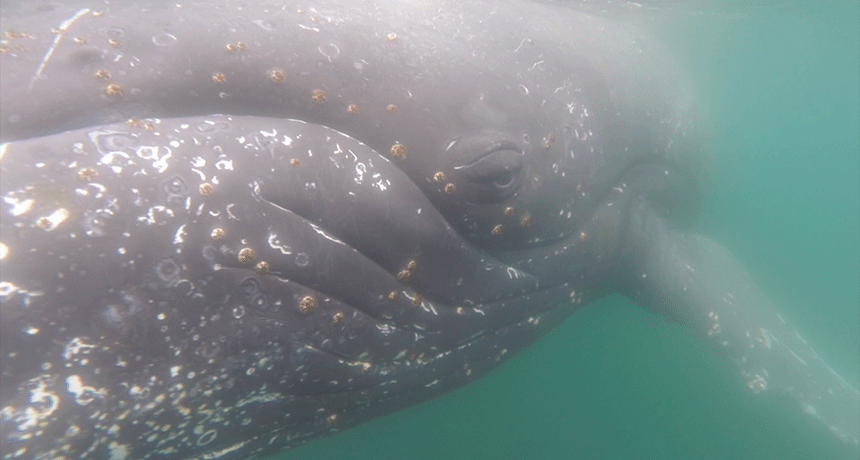 Animals
AnimalsHumpbacks flap their flippers like underwater birds
Surprising new video shows humpback whales flapping their front flippers to move their massive bodies toward their prey.
-
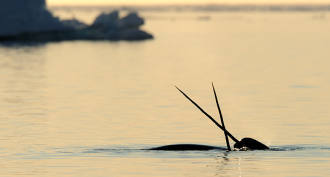 Animals
AnimalsBeware the tap of the narwhal’s tusk
A new video shows narwhals using their tusks to tap fish before eating them. They might be stunning their prey — or just playing with their food.
-
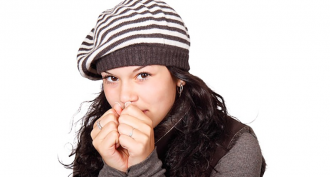 Health & Medicine
Health & MedicineIs your home chilly? This might just be healthy
Feeling mildly cold (or a bit too warm) forces the body to adjust what it’s doing to maintain a healthy temperature. And that can do a body good, data now show.
-
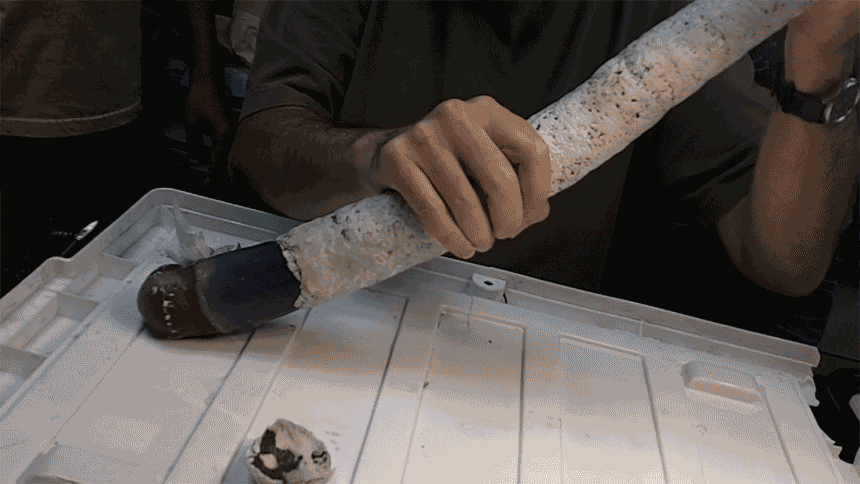 Life
LifeWeird mega-worm found to have odd diet
Giant shipworms have bacteria in their gills that produce food for them. This has made their digestive organs shrink from lack of use.
-
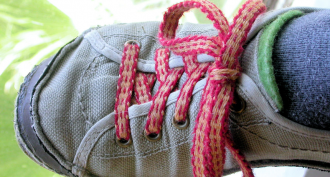 Physics
PhysicsWhy your shoelaces untie themselves
High-speed video shows how the combined motions of a shoe’s swinging and landing on the ground provoke shoelaces to come untied.
-
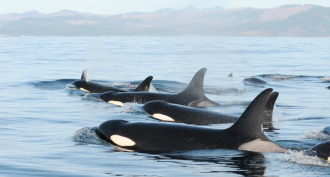 Animals
AnimalsThese killer whales exhale sickening germs
A group of endangered killer whales are exhaling disease-causing germs. Researchers worry these microbes could make the animals sick.
-
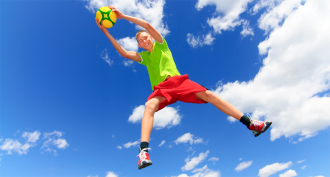 Health & Medicine
Health & MedicineActive teens build strong bones for life
Adult bones develop much of their strength during adolescence. That’s why teens should stay active with running, jumping and other weight-bearing exercises, a new study finds.
-
 Life
LifeCities drive animals and plants to evolve
Biologists are finding that some species have used genetic changes to evolve — adapt — to the pollution and other stressors that they encounter in cities.
-
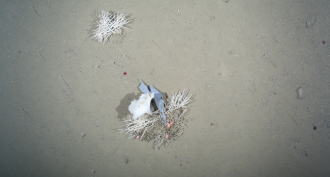 Oceans
OceansDeep-sea dump: Trash is collecting on the Arctic seafloor
Trash is building up on the bottom of the Arctic Ocean, including plastic bags, glass shards and fishing nets.
-
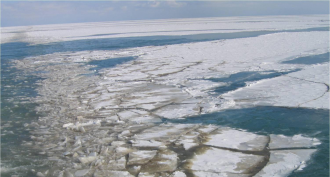 Animals
AnimalsUnder blanket of ice, lakes teem with life
Life under frozen lakes is vibrant, complex and surprisingly active, new research finds. In fact, some plants and animals can only live under the ice. But with climate change, will that continue?
-
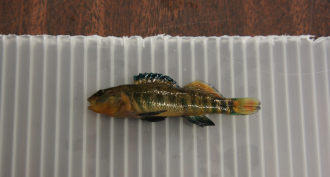 Health & Medicine
Health & MedicineCleaner water helps male fish again look and act like guys
Water pollution can give male fish female traits — such as the ability to make eggs. And that’s not a good thing. Better water treatment may prevent that, data now show.
-
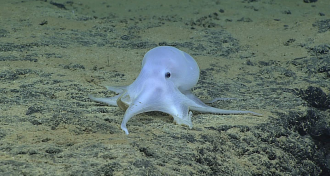 Oceans
OceansDeep-sea mining could imperil rare, ghostlike octopus
A newly discovered octopus lays its eggs in a dangerous spot: where companies are looking to mine valuable metals for use in cell phones and computers.